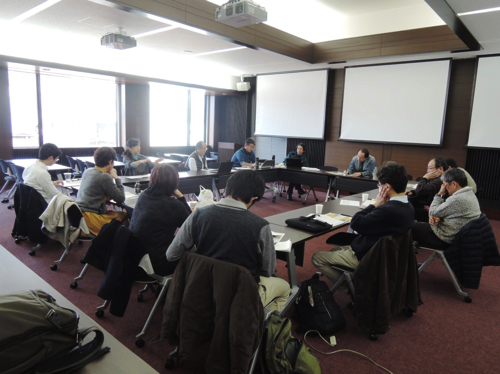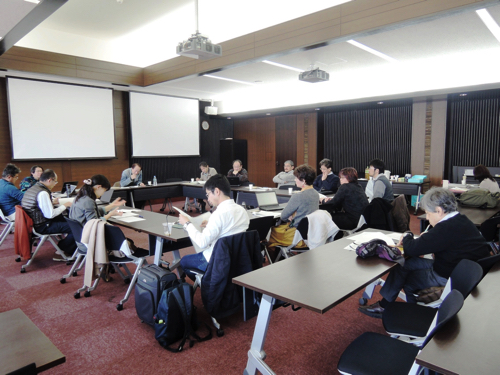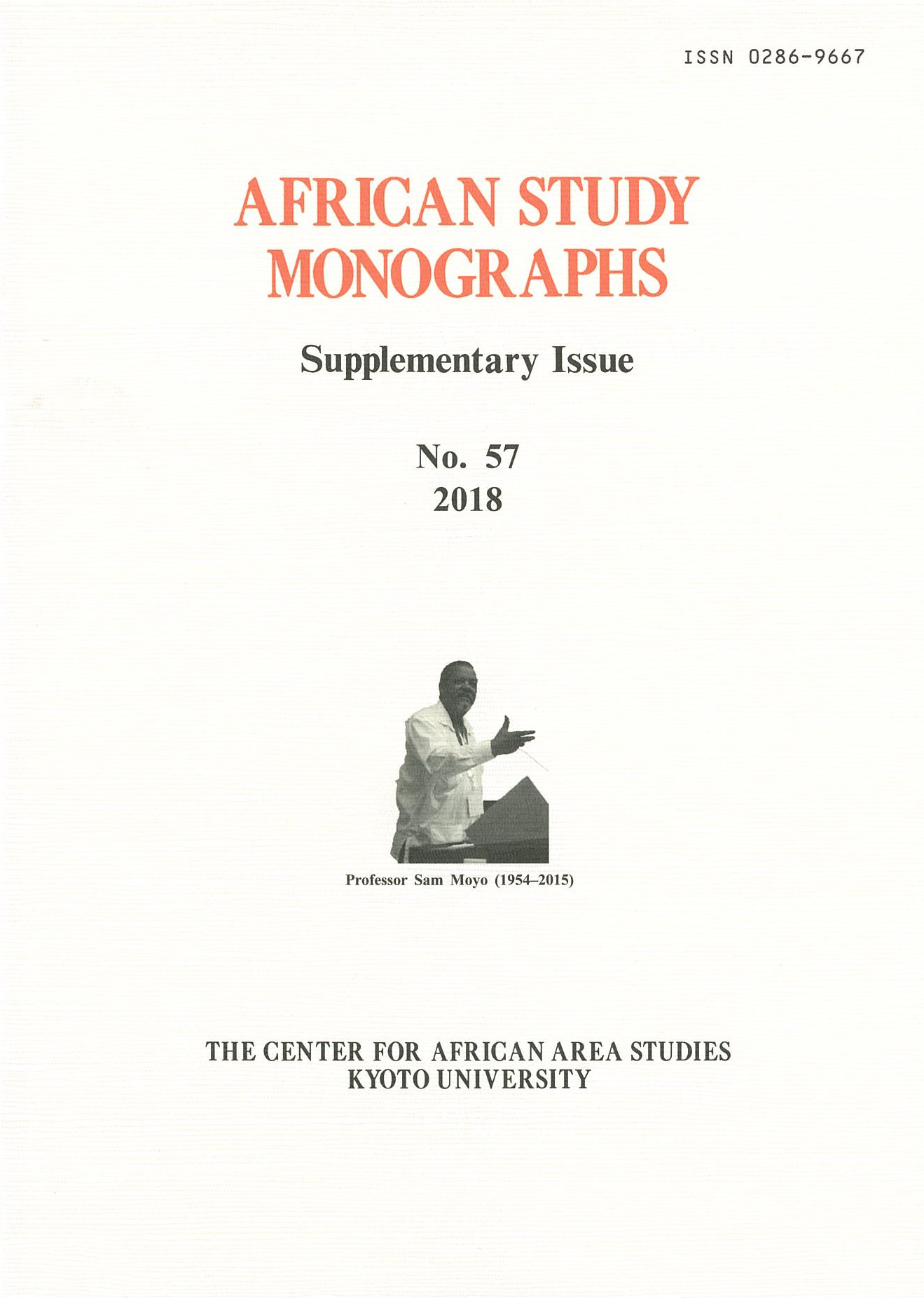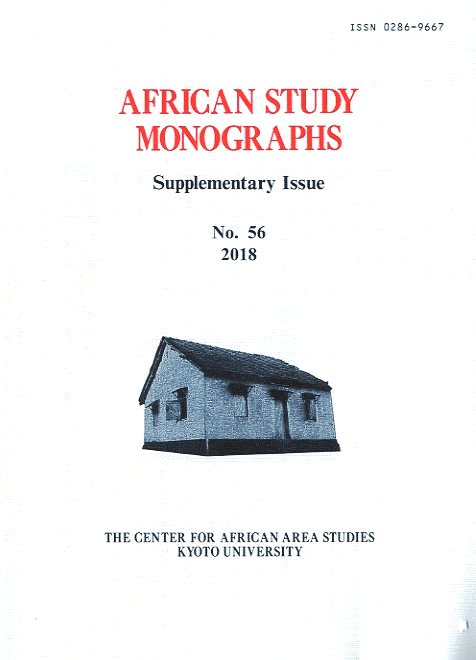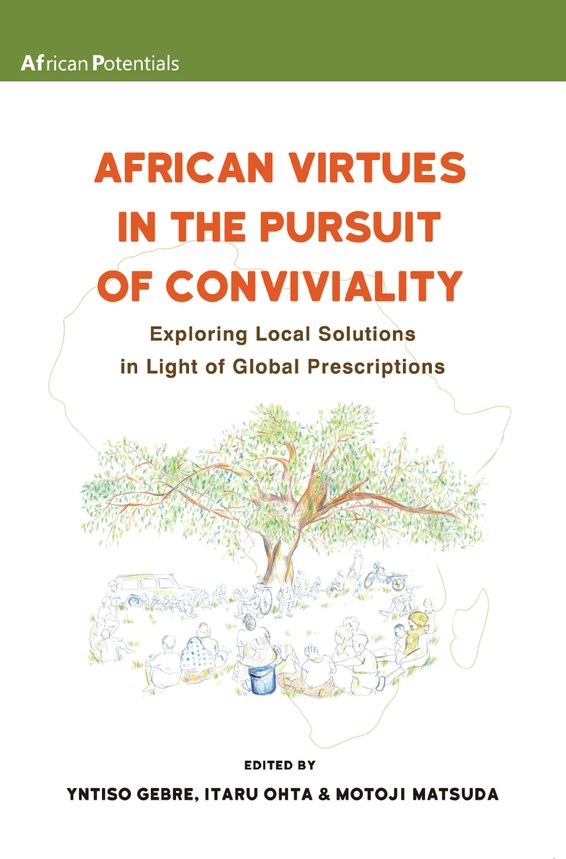Date and Time: 13:30–16:20, March 4, 2017 (Saturday)
Venue: Large Meeting Room, Third Floor, Inamori Foundation Memorial Hall, Kyoto University
(Honorifics omitted hereinafter)
This plenary meeting was held as a Team Leaders’ Meeting with members of the secretariat, members in charge of general review, and the leaders of the seven teams. Reports on events in AY2016, namely, the plenary meeting and team meetings, Africa Forum (Kampala, Uganda), and Moyo Colloquium (Cape Town, South Africa) were delivered; updates on outcome publication (LANGAA), website updating, each team’s overseas research support, and other projects’ progress were shared and confirmed. Following the reports, research project leader Prof. Matsuda, M commented on the presentations by each team leader at the Third Plenary Meeting (held on January 28).
The main comments are as below. Sites for African potential projects and the possibilities on which each team should focus were discussed. For the Environment and Ecology Research Team, it was suggested that attempts to go beyond the “residents participatory” model should be considered common awareness among team members. The Nation and Citizenship Research Team should focus statements by influential individuals and look at “Extraversion/Extroversion” that transforms the external environment into political-economic resources. It was suggested that the Gender and Sexuality Research Team focus on the gap between global discourse and local idiosyncrasies. It was also mentioned that the Education Research Team should focus on the gap between modern civil society or global public nature and indigenousness. For the Language and Literature Research Team, it was suggested that the imagination and practical strength of African literature be learned through literary agency and thought. He suggested that the Development and Livelihood Research Team should look at informal re-distribution and resourcing with external support in gap-growing societies. It was suggested that the Conflict and Conviviality Research Team focus on the importance and necessity of elucidating the transformation and state of African societies via individual lives, thoughts, or practices. In addition, the organization of workshops for this fiscal year was revisited, and budget and workshop plans for the coming fiscal year were discussed. Plans for the Africa Forum at Rhodes University, South Africa; collaboration with area studies societies in Japan; and participation in international conferences were also discussed.
(Reported by Shuichi Oyama)
